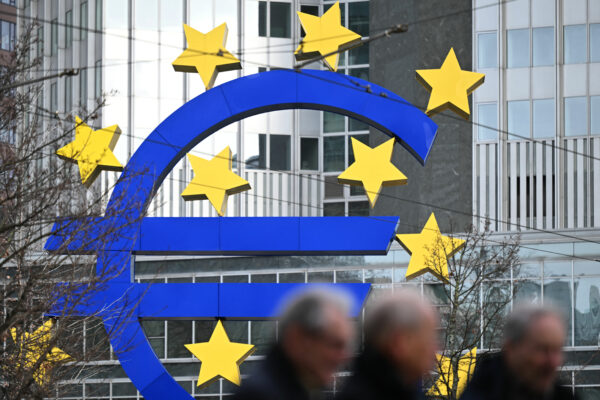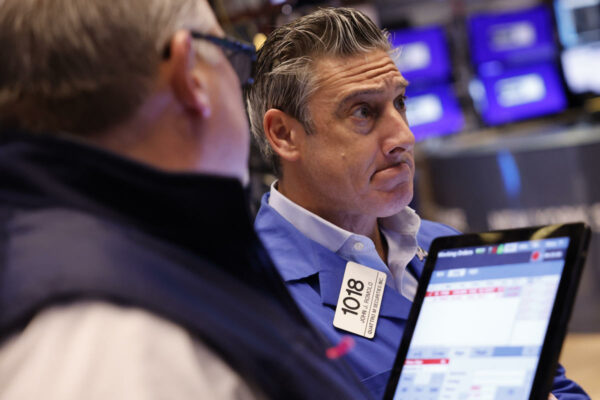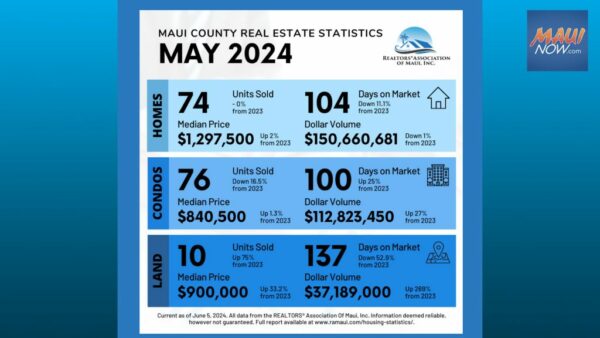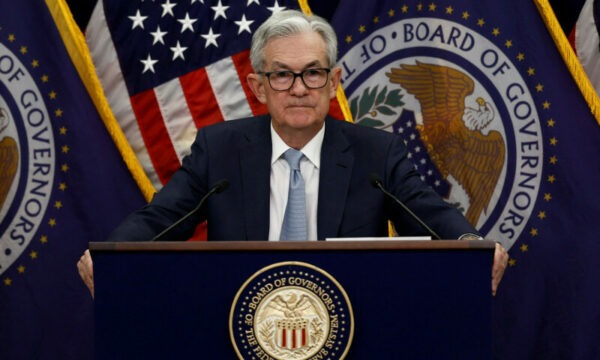US jobs report shows a steady slowdown in the labor market
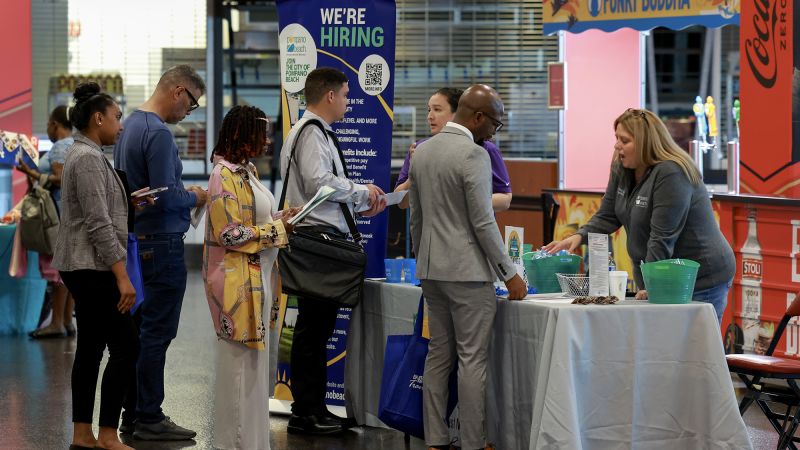
If you’re looking for a job, then a labor market with plenty of open positions and a low unemployment rate sounds ideal when compared to one in which there are fewer openings and a high unemployment rate. But what may seem ideal for job seekers is not necessarily in the best interest of the overarching economy.
How could that be?
When a lot of employers need to fill a lot of positions at the same time, they compete with one another for workers. To win over workers, employers tend to raise wages. That’s what has been happening for the past few years as the economy recovered from the pandemic.
But it’s been a double-edged sword, since it has fueled higher prices, given that workers had more money to spend. That prompted the Federal Reserve to raise interest rates to the highest level in more than 20 years, which has made it more expensive to get a mortgage and pay off other kinds of debts.
However, if there is an increase in the number of job seekers — which would be captured by a rising unemployment rate — employers don’t need to raise wages by as much — or even at all. That could help rein in inflation since it would mean businesses don’t have as much leverage to raise prices on goods and services.
Friday’s employment report, which showed the number of new hires fell to 206,000 last month from 218,000 in May, while the unemployment rate rose to 4.1% from 4%, demonstrates we could be getting closer to a “Goldilocks” labor market — neither too hot nor too cold.
In their biannual report to Congress, Fed officials said the labor market appears to be “similar to that in the period immediately before the pandemic, when the labor market was relatively tight but not overheated.”
Meanwhile, David Russell, global head of market strategy at TradeStation, said he believes we’ve already entered into a Goldilocks labor market. “The job market is bending without yet breaking, which boosts the argument for rate cuts,” he said in a note Friday morning.
“Things are not too hot and not too cold. Goldilocks is here and September is in play,” he added, referring to the Fed cutting rates at that meeting.
This article was originally published by a www.cnn.com
Read it HERE

